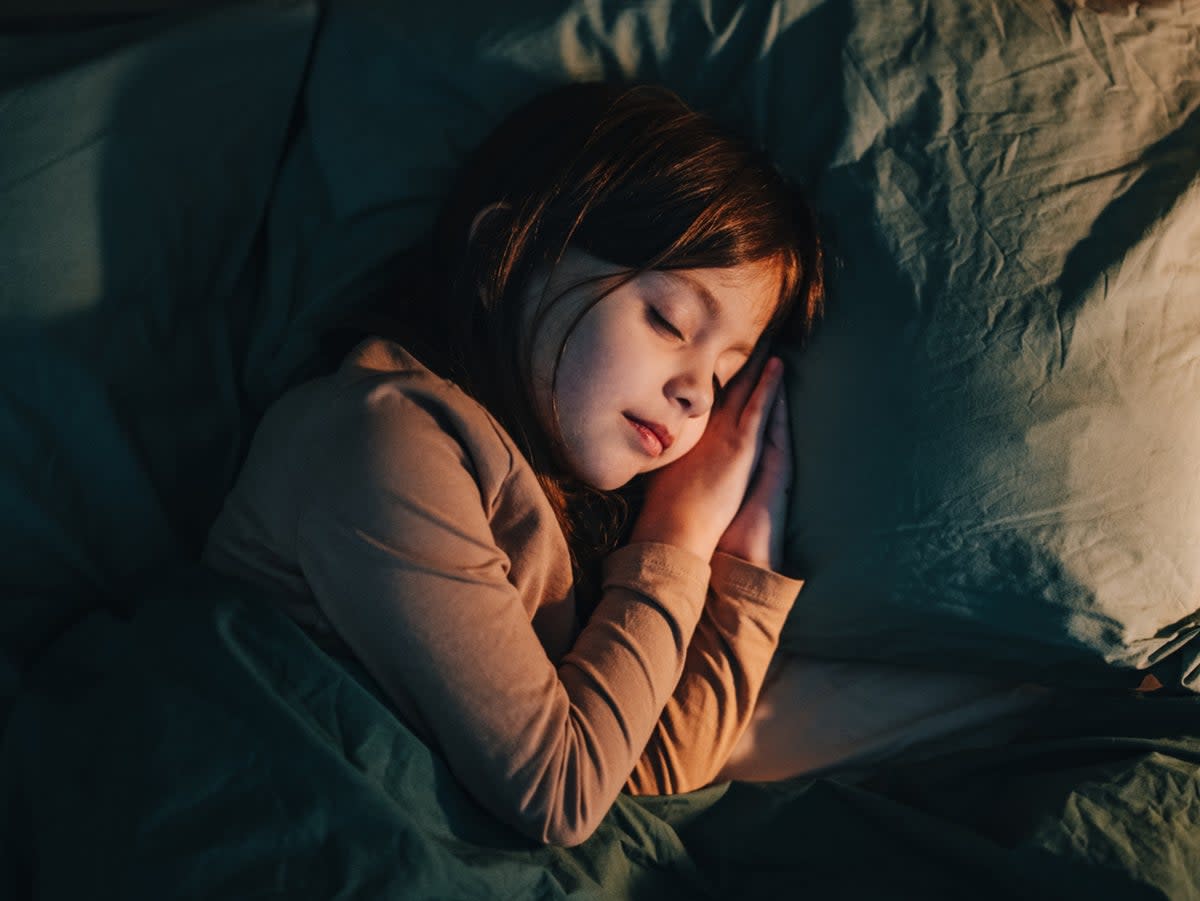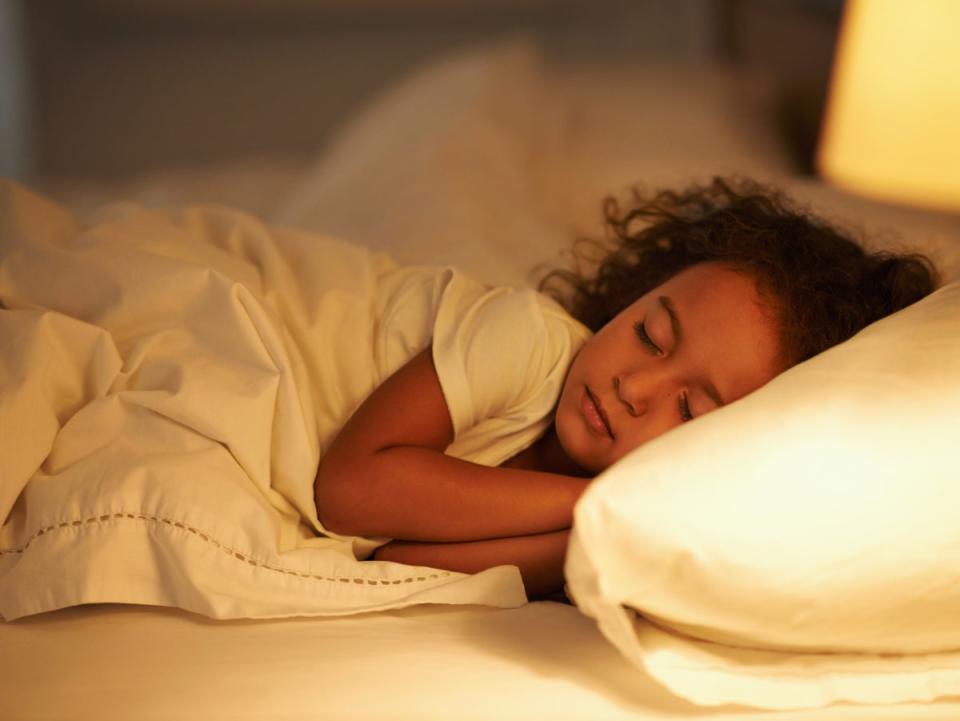New research suggests white noise machines may be unsafe for children to sleep with

New research shows that white noise machines may be unsafe for children to sleep with.
With many American adults increasingly using white noise machines to help them sleep at night, it’s no surprise that children may also rely on them. However, a new study in the scientific journal, Sleep Medicine, suggests that many of these machines may be exposing children to alarmingly loud sounds that can be detrimental to their development.
Unfortunately, The Washington Post reported that many white noise machines go against the National Institute for Occupational Safety and Health (NIOSH) recommendations, with some machines reaching more than 91 decibels in volume. While most parents aren’t setting their white noise machines to the loudest setting, the study shows that leaving a white noise machine at the maximum level overnight may lead to permanent hearing loss. If the top volume can pose such a danger, putting the machine at a lower level will likely cause a fraction of the damage, but some damage nonetheless.
Extended exposure to loud noises can impact the mechanics of the ear’s sensory hair cells including inflammatory damage to their supporting structures and the nerve ending to the hair cells. The noise can lead to the breakage of the cell’s surface receptor proteins as well as cell death.
Research indicates that exposure to high decibels of sound during childhood development can also negatively affect physiological and social development. Children who have grown up in areas with high traffic – which exposes them to car, plane, or train noises at night – are more likely to sleep less as well as have sleep disturbances, behavioral issues, lower reading proficiency, and brain imaging changes in regions related to language development.

However, white noise has also been proven to help children and parents, but only at 60 decibels or less, the volume of a quiet conversation. According to the NIOSH, limiting exposure to white noise machines to less than 85 decibels over eight hours and 82 decibels over 16 hours can help your ear health and lessen the likelihood of irreparable hearing damage.
If unsure whether or not your white noise machine meets the organization’s guidelines, use the free app the NIOSH Sound Level Meter (SLM) app, the organization created specifically for iPhones. The app acts as a decibel meter that can measure noise safety and exposure, a helpful tool when unsure how to gauge the right volume.


